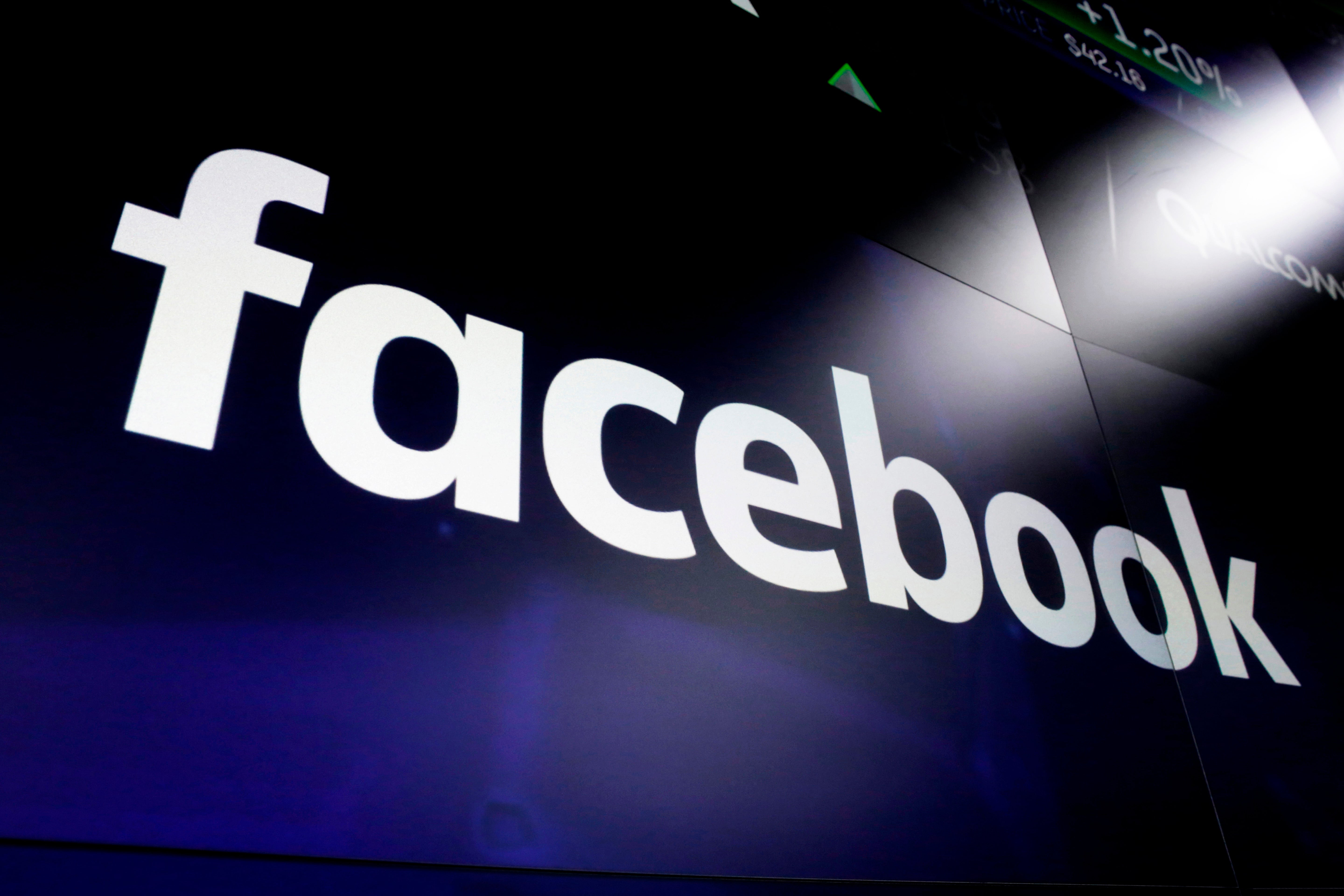Facebook Australia to bring news back to platform
Facebook says it is satisfied by Australia’s amendments to law that would make it pay news providers

Your support helps us to tell the story
From reproductive rights to climate change to Big Tech, The Independent is on the ground when the story is developing. Whether it's investigating the financials of Elon Musk's pro-Trump PAC or producing our latest documentary, 'The A Word', which shines a light on the American women fighting for reproductive rights, we know how important it is to parse out the facts from the messaging.
At such a critical moment in US history, we need reporters on the ground. Your donation allows us to keep sending journalists to speak to both sides of the story.
The Independent is trusted by Americans across the entire political spectrum. And unlike many other quality news outlets, we choose not to lock Americans out of our reporting and analysis with paywalls. We believe quality journalism should be available to everyone, paid for by those who can afford it.
Your support makes all the difference.Facebook has agreed to lift its ban on news being shared and accessed on the platform in Australia, the government announced on Tuesday.
The company came under fire in Australia last week after it blocked the sharing and viewing of news links in the country. It had objected to the government’s attempts to pass a new law requiring social media giants to pay news providers for their content.
A breakthrough came on Tuesday in 11th-hour negotiations when the Australian government agreed to amend the legislation’s proposed code of conduct.
As the amendments were being made to the law, the Australian treasurer, Josh Frydenberg, announced that news pages would be restored to Facebook “in the coming days”.
Facebook said it was satisfied with the amendments brought by the Australian government, including guarantees to address the social media firm’s major concerns.
“As a result of these changes, we can now work to further our investment in public interest journalism, and restore news on Facebook for Australians in the coming days,” said Will Easton, managing director of Facebook Australia.
Facebook sparked a global debate after it blocked news pages for the country’s 17 million users and inadvertently blocked a series of non-news Facebook pages related to charities and emergency response services, among others. Australia’s legislation was seen as a test case for regulations elsewhere.
Mr Frydenberg said there was “no doubt that Australia has been a proxy battle for the world”.
The government said on Tuesday that the legislation aims to set up a fairer negotiation process between the tech giants and news outlets, adding that amendments would provide more clarity to digital platforms and news media on how the code is intended to operate.
The action by Facebook drew sharp condemnation from the Australian government, which described it as “bullying” and “arrogant”.
The prime minister, Scott Morrison, accused Facebook of trying to “unfriend Australia” and cutting off essential information on health and emergency services. He said the government would not give in to what he termed “intimidation” by the social media giant.
The initial version of the legislation, called the News Media Bargaining Code, required Facebook and other online sites to pay publishers for news content, with the terms of the payment subject to a government arbitration process.
The amendments include a two-month mediation period, giving more time for both sides to negotiate commercial deals before Facebook is forced to go through arbitration.
Google has struck deals worth millions of dollars with the country’s biggest publishers, taking a conciliatory route to comply with the new regulations.
But Facebook said such a move was not acceptable, and that the code “fundamentally fails to understand” how its services work.
The move by Facebook prompted a global backlash, with politicians in the US, UK, Germany, Canada and elsewhere criticising the social media platform.




Join our commenting forum
Join thought-provoking conversations, follow other Independent readers and see their replies
Comments